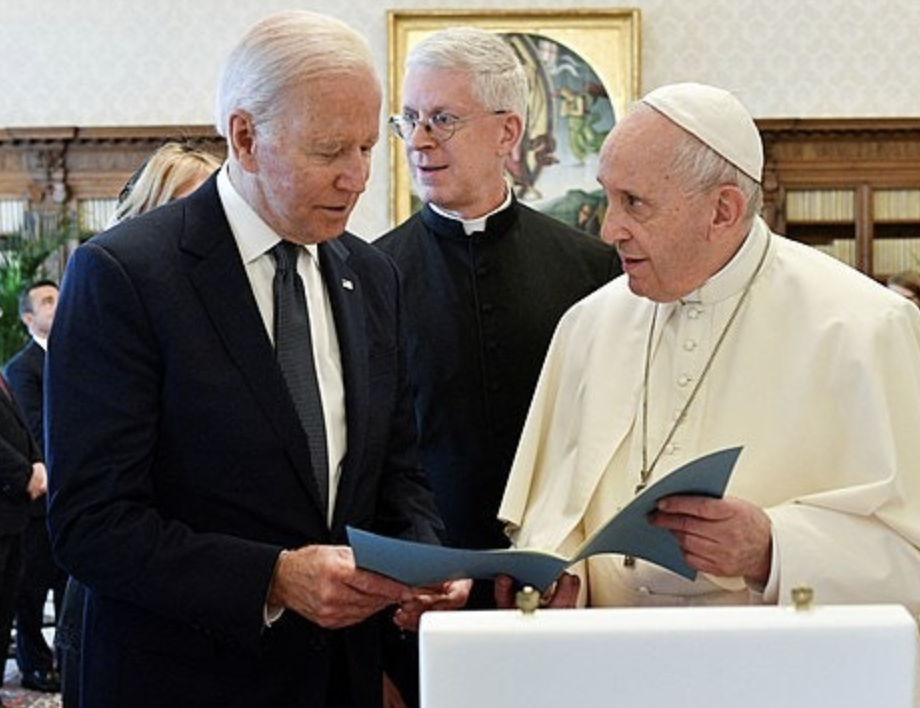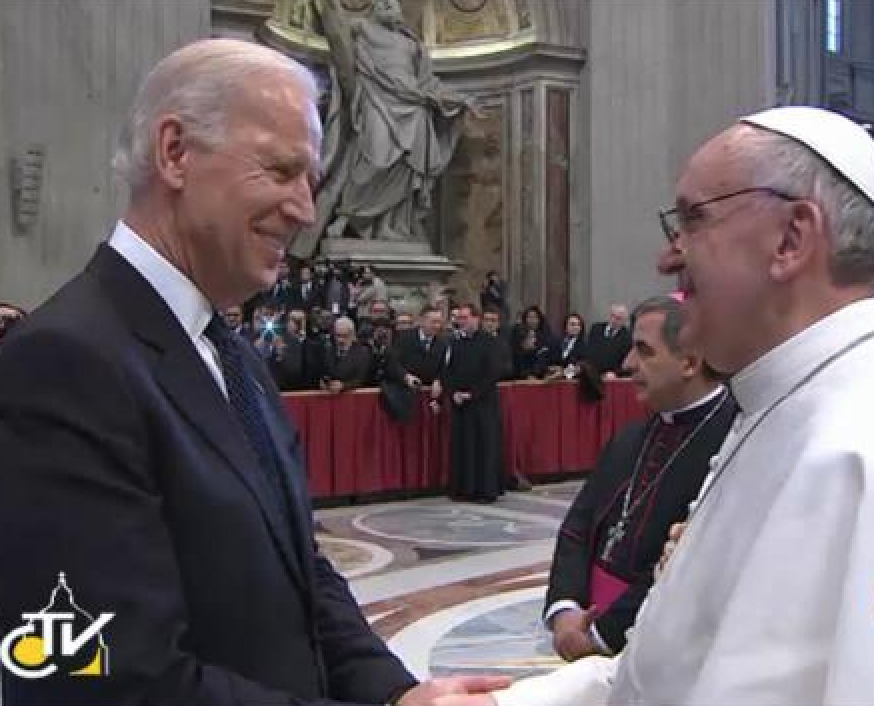On election night in 2016, an event offering pain as well as triumph, Kamala Harris dug into a big bag of salty snack-food consolation.
"It was incredibly bittersweet. When I took the stage for my acceptance speech – to represent California in the Senate – I tore up my notes. I just said, 'We will fight,' " said Vice President Harris in a fundraising letter for her White House campaign.
"Then I went home, and I sat on the couch with a family-sized bag of nacho Doritos. I did not share one chip with anybody. ... Two things are true eight years later: I still love Doritos and we still have not stopped fighting."
Thus, in her campaign against Republican presidential nominee Donald Trump – whose 2016 victory angered her – the Harris team has used Doritos as a symbol of the feisty, combative side of her personality.
Thus, Michigan Gov. Gretchen Whitmer recently made waves with a social-media clip in which she placed a Dorito on the tongue of podcaster Liz Plank, a popular online "influencer" and MSNBC contributor.
Many Catholics cried "foul," since Plank was kneeling and appeared to be imitating the posture of a believer receiving the sacrament of Holy Communion. After the video went viral, defenders of Whitmer and Plank said they were merely offering their take on a TikTok meme in which someone feeds food to a friend, and then awkwardly stares into the camera.
It didn't help that the full version of the video – produced for Plank's "feministabulous" Instagram page – also focused on debates about abortion rights. In the past, Plank has called faith-based crisis-pregnancy centers "fake clinics."
The president of the Michigan Catholic Conference was not amused.










